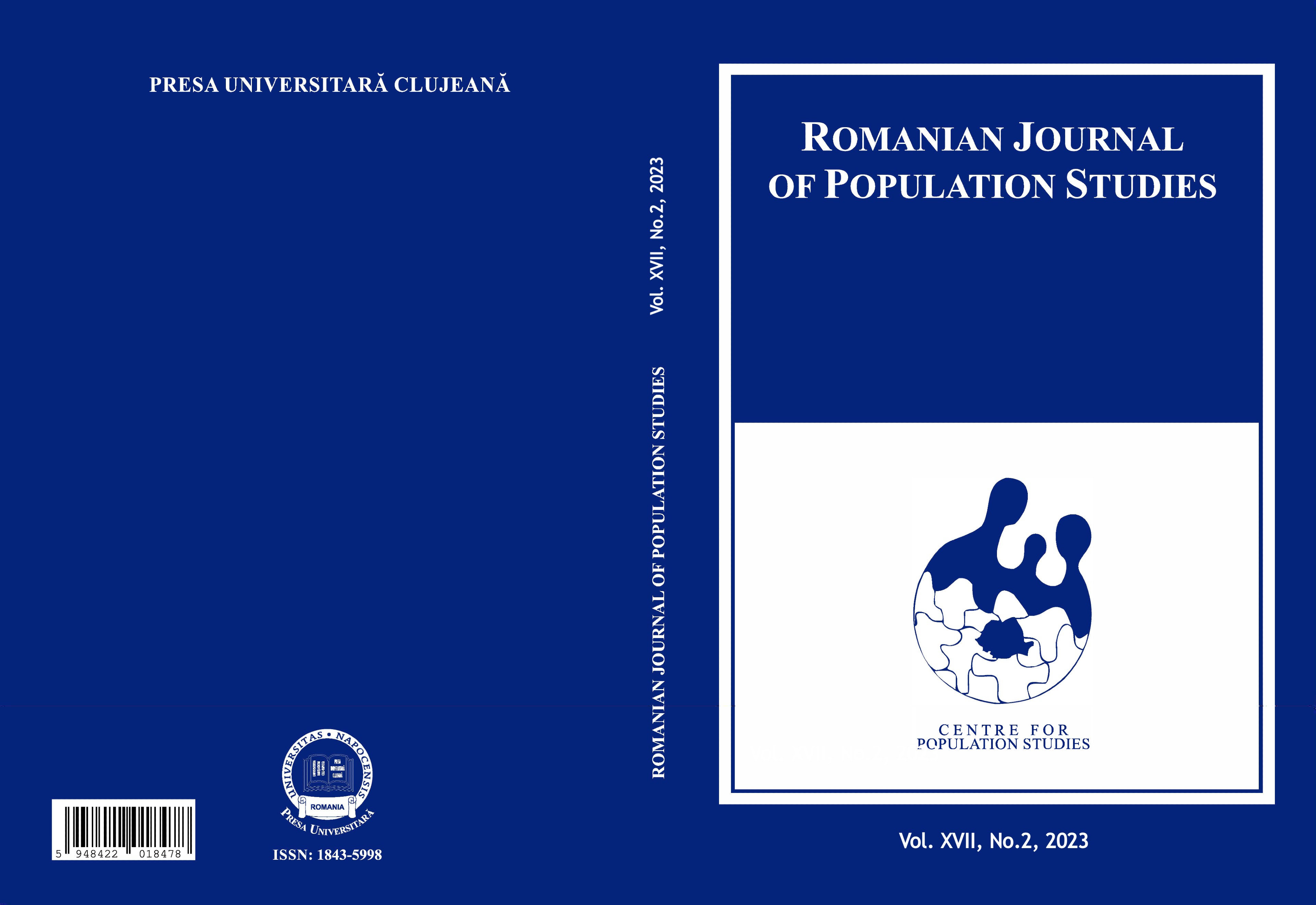“Children of the Nation” and Normal Schools in Interwar Romania: The Memoirs of a Rural Elementary Teacher
“Children of the Nation” and Normal Schools in Interwar Romania: The Memoirs of a Rural Elementary Teacher
Author(s): Camelia ZavaracheSubject(s): History, Social Sciences, Recent History (1900 till today)
Published by: Centrul de Studiere a Populaţiei
Keywords: welfare state; normal schools; war orphans; family life; interwar Romania;
Summary/Abstract: This paper analyses the professional trajectory of elementary school teacher Nicolae Vlăduţ starting from his unpublished autobiographical notes, written on two scrap books during the 1970s, after his retirement. Vlăduţ was born in 1904, in Ogrăzile village, Buzău county, in a family of poor peasants; his father died in Southern Dobruja, in 1916, leaving him and his three younger siblings orphans. The way the newly unified Romanian national state designed its welfare legislation turned out to be of paramount importance for the destiny of Vlăduţ and his family. To care for the children that the departed soldiers had left behind, the political elite relied on normal schools as part of the social assistance network. Education became accessible to children coming from impoverished rural families at an unprecedented rate. However, even though Vlăduţ benefited from such policies, what mattered most in his personal journey was the way he exerted agency and pursued his professional goals during the difficult years of study. Once he graduated from the “Carol I” Normal School, in Câmpulung Muscel, this type of assistance came to an end since he was no longer regarded as part of a vulnerable category, but rather a trained professional that school authorities relied on.
Journal: Romanian Journal of Population Studies
- Issue Year: 17/2023
- Issue No: 2
- Page Range: 41-60
- Page Count: 20
- Language: English
- Content File-PDF

